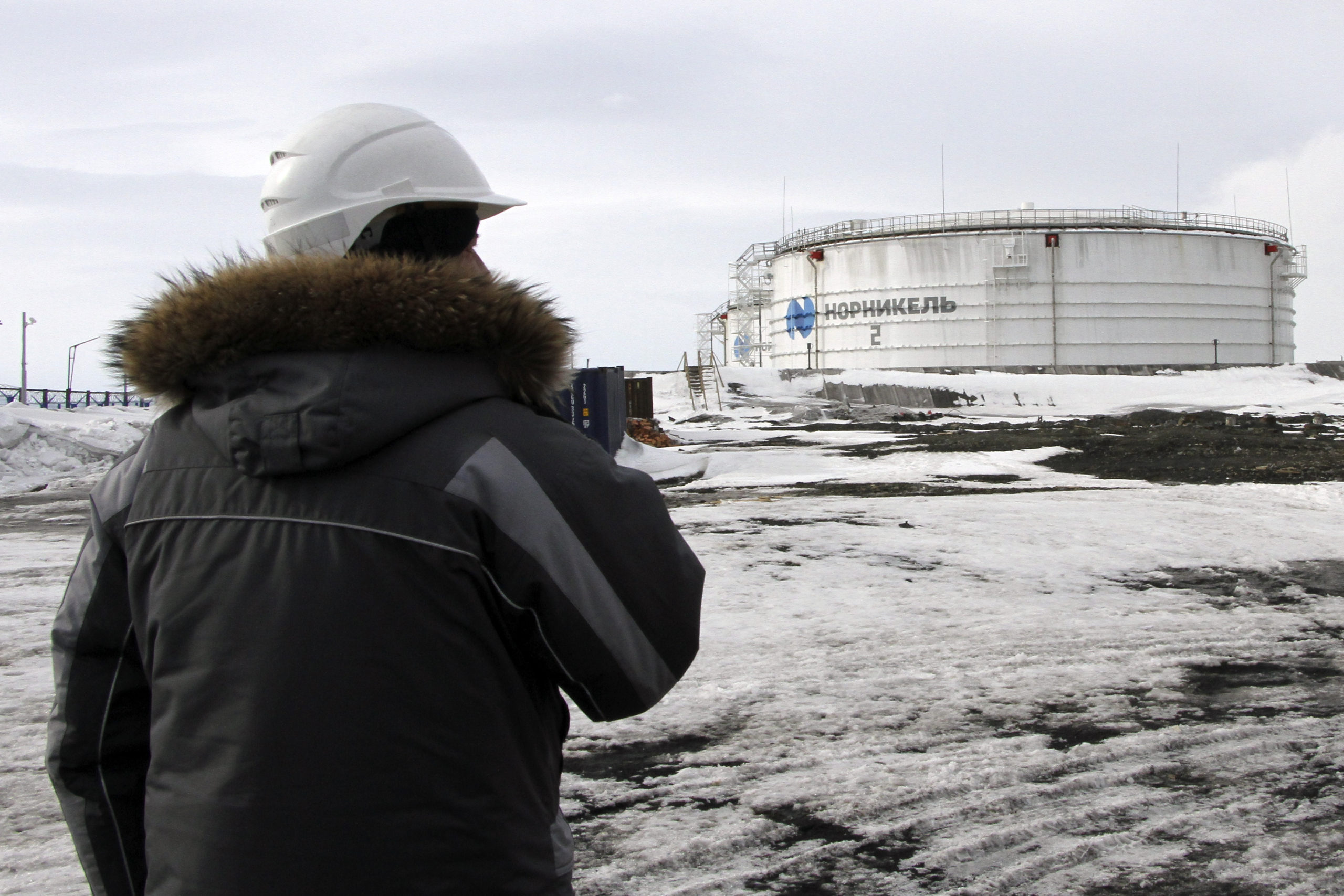Russia should get firms to pay environmental fines from profits, says PM
The move comes after a major fine for a massive Arctic spill lowered Nornickel's local tax contribution.

MOSCOW — Russia should get companies to pay compensation for environmental damage from their net profits rather than expenses after Nornickel’s payment of a $2 billion fine for a major Arctic fuel spill reduced its tax base, the prime minister said on Wednesday.
Nornickel paid the unprecedented environmental fine for last year’s spill in March. The was made to Russia’s federal budget, not to the Siberian Krasnoyarsk region, where the metals miner is a major taxpayer.
“Serious conclusions were drawn after the biggest accident at the power plant in Norilsk. The damage there will be repaired at the expense of those responsible,” Mikhail Mishustin told the Duma, the lower house of parliament.
“But such costs should not be financed by companies as current expenses. This reduces profit, and therefore taxes to regional budgets. And it turns out that repairing the damage is essentially happening at the expense of ordinary citizens,” Mishustin added.
The prime minister, former head of Russia’s tax service, suggested that environmental damage, if there is any, should be paid from companies’ net profit, and “only then would owners and top executives bear the responsibility.”
Russian companies normally pay a 20 percent profit tax, of which 3 percent goes to the federal budget and 17 percent to regional ones.
Nornickel declined to comment.
The miner paid the fine from $2 billion it set aside in reserves in 2020 which were included in its “other operating expenses” and reduced its operating profit, according to its 2020 financial report.
Nornickel’s 2020 net profit fell by 39 percent to $3.6 billion. The income tax fell to $945 million from $1.6 billion in 2019.
Officials in the Krasnoyarsk region said last year their budget would receive 20 billion roubles ($270 million) less than it could have received as the funds from Nornickel’s fine went to the federal budget.
(Reporting by Anastasia Lyrchikova and Darya Korsunskaya; writing by Polina Devitt.)